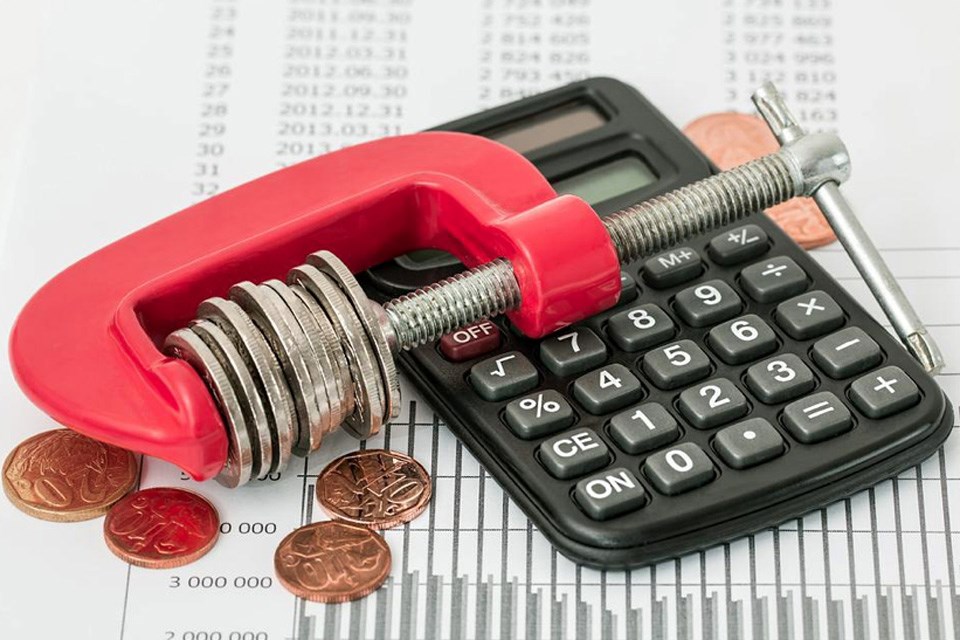For many individuals and families, finances are very much on their minds these days. Prices are rising and personal debts are increasing. In fact, personal non-mortgage debt in Canada rose by 8.6% in the first quarter of 2022. This personal debt costs households a lot of money each month and can interfere with the ability to save.
Saving vs. Paying Down Debt
In order to get out from under costly interest charges, it is a good idea to tackle your high interest credit cards so you can save more each month. While it might be tempting to focus only on debt payments, it is a good idea to save enough for an emergency fund before aggressively tackling the rest of your debt.
Getting Out of Debt One Step at a Time
Once you have a little cash in your savings account for unexpected expenses, you can make a plan for paying down the rest of your debt. There are a few methodical steps that you can take to make the entire process less stressful:
- Make a list of all your debts, how much you owe for each, the interest rates, and the monthly minimum payments. Include everything from mortgage and student loans to credit cards, lines of credit, and past-due bills.
- Make a budget that includes all of your income sources as well as all of your bills. This way you will know exactly how much you have leftover to either save or reduce your debts. Be realistic when you make your budget.
- Choose your strategy. Paying off your high interest rate loans first will help to you save more money a lot sooner, but paying off debts with the lowest balances first might be a better motivation to keep going.
- Consider your options: look into a consolidation loan or contact creditors to get a better deal. Both of these options can help you to reduce your debt faster.
Get into the Habit of Saving
As you pay down your debt you will start to notice that your monthly payments are going down. You will be able to increase the size of your debt payments as well as the amount of money that you set aside for saving.
Just make sure that you don’t get tempted by the available credit that is also growing on your credit cards and lines-of-credit. Get into the habit of saving for larger purchases or making a logical plan for using your credit. Otherwise, you will find yourself right back where you started.
Money, debt, and budgeting can be difficult to figure out and is often stressful. Don’t be afraid to ask for help from a professional like an accountant, financial planner, or your bank.
This story is brought to you by Great West Media Content Studio. It is not written by and does not necessarily reflect the views of the editorial staff.



